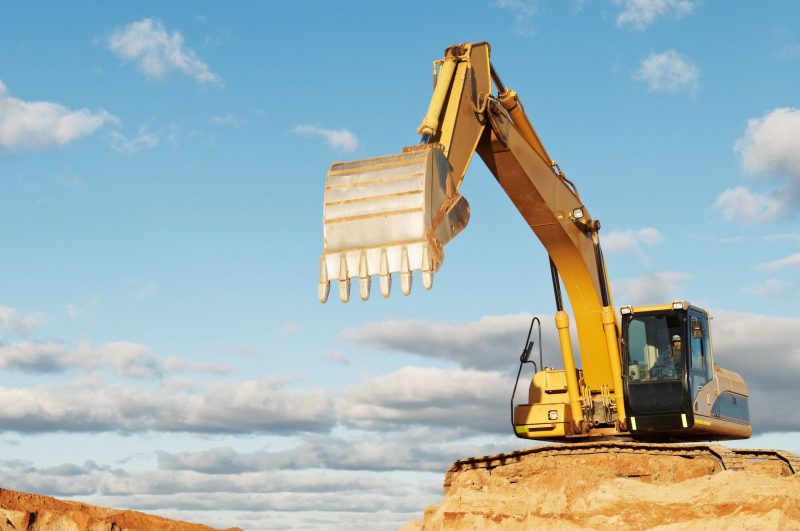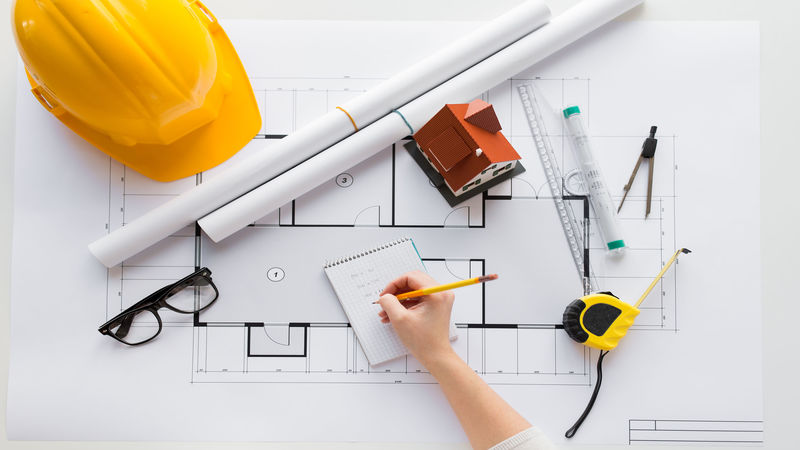A hose is an important component in a piece of hydraulic machinery. A hose distributes hydraulic fluid and the power it generates from one part of a machine to another. Something as simple as a small leak or loose fitting can cause a hydraulic issues in heavy equipment. Consequently, it’s important to do whatever you can to prevent damage to hydraulic hoses.
The first tip is to make sure that your hoses and fittings are compatible. Fittings are manufactured for specific hose sizes, and if you try to attach parts that don’t fit, you’re likely to have a loose connection, which can cause a leak. It’s important to be aware that while one brand of fitting may seem to fit well on another brand of hose, they are not designed to be compatible, and there may be a flaw in the fit that could result in a leak.
Pay attention to superficial damage to the hose’s outer casing. Even though an abrasion to the outer part of the hose may not cause a leak, it makes the inner metal part of the hose vulnerable to moisture exposure, which can cause rust and corrosion. The outer layer is there for a purpose, and when it shows signs of damage, it’s best to go ahead and replace the hose rather than wait for a more significant repair job.
Do what you can to protect the hose from abrasion when you install it. If you can’t keep it away from points of friction, consider covering the hose with a chafing guard, like a Kevlar sleeve, for added protection. Keep an eye on the sleeve as it will need to be replaced when it shows signs of damage. Moreover, you must avoid twisting a hose during installation. Instead, allow it to bend wherever it can’t lie straight, but make sure not to force it past its intended bending radius.
These tips can help you keep your hydraulic equipment maintained and minimize damage to hoses. However, if you find that you need Hydraulic Hose Repair in Omaha, NE, contact Ceres. Call them at (888) 716-2239.

